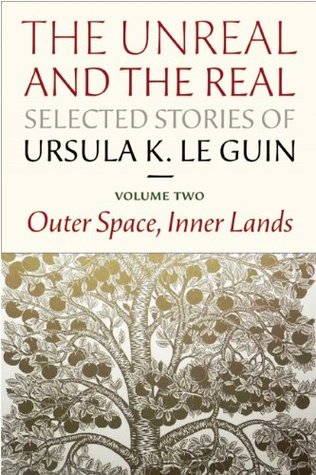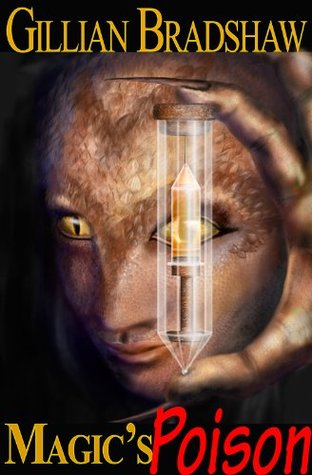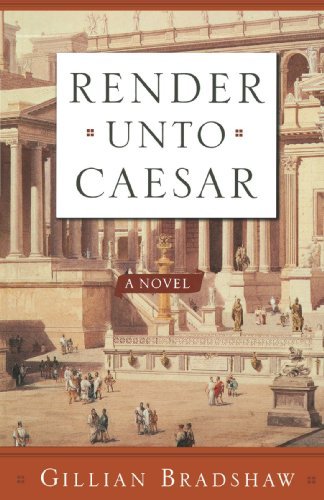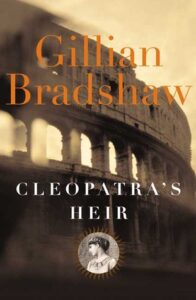 Cleopatra’s Heir, Gillian Bradshaw
Cleopatra’s Heir, Gillian Bradshaw
Bradshaw always writes strong historical fiction that reminds me a little bit of Rosemary Sutcliff’s work, and Cleopatra’s Heir is no exception. She takes the little that is known about Cleopatra’s son, Caesarion, and plays with it — what if he survives? What if he really is Caesar’s son? And if he is, what if he’s also epileptic, as Julius Caesar was known to be? She writes about genuine medical treatments of epilepsy, and the way people generally saw it. Some of her characters are perhaps a little too good to be true in their understanding of it, and especially in how well they deal with Caesarion’s arrogance… but people like that do exist, and without that family, the story wouldn’t be nearly so satisfying.
It’s an interesting what-if, and it’s also an absorbing story. It explores what it might be like to be Cleopatra’s son, and what it might be like to survive the fall of your dynasty. And it explores what it might be like to go from being Caesar’s son to being nobody, to having to rely on your own wits and knowledge for once. Of course, for the story to be interesting, it’s no surprise that Caesarion has those skills and learns to use them, but it’s still a satisfying arc.
I’m not sure I’m convinced by the Octavian we see here. He was perfectly capable of being ruthless, and I don’t think he’d have let sentiment get in his way. Even if he pitied someone, my impression is that he wouldn’t have taken a risk on them being faithful to a promise made when killing them would be so much safer.
Still. That wouldn’t be as satisfying for an ending, and Bradshaw definitely knows how to balance faithfulness to history and historical personages, and an entertaining story.

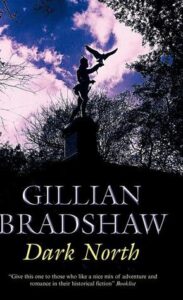
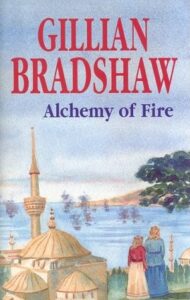



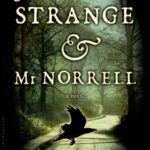
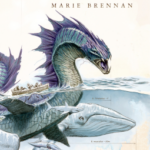
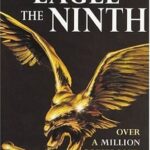
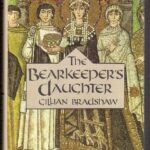
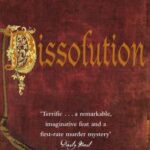
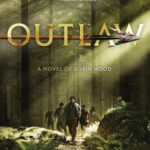
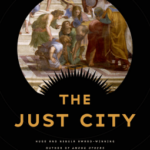
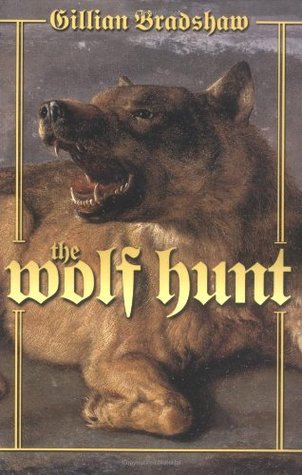
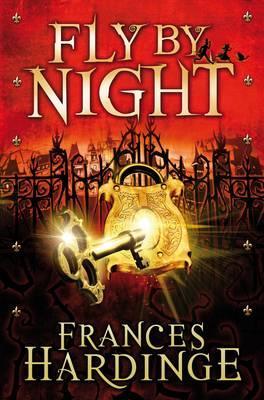
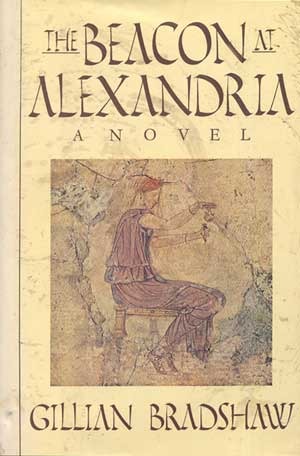 r at a Roman outpost in Thrace until, kidnapped by barbarian Visigoths, she finds her destiny to heal and also to be a woman and a wife.
r at a Roman outpost in Thrace until, kidnapped by barbarian Visigoths, she finds her destiny to heal and also to be a woman and a wife.